How weather affects insect problems
How does the temperature influence the behavior of insects?
Changes in the weather can make it difficult to control insect infestations, especially in warmer weather. Increased temperatures, increased precipitation and droughts cause the development of new insect species and invasions. However, fewer insects survive the cold weather, as they are cold-blooded creatures that can’t produce their own body heat, which decreases spring infestations.
Since pests are influenced by the seasons, the threats they pose shift as the weather changes. To keep pests out and protect your home from invasion it is important to be aware of seasonal pest patterns.
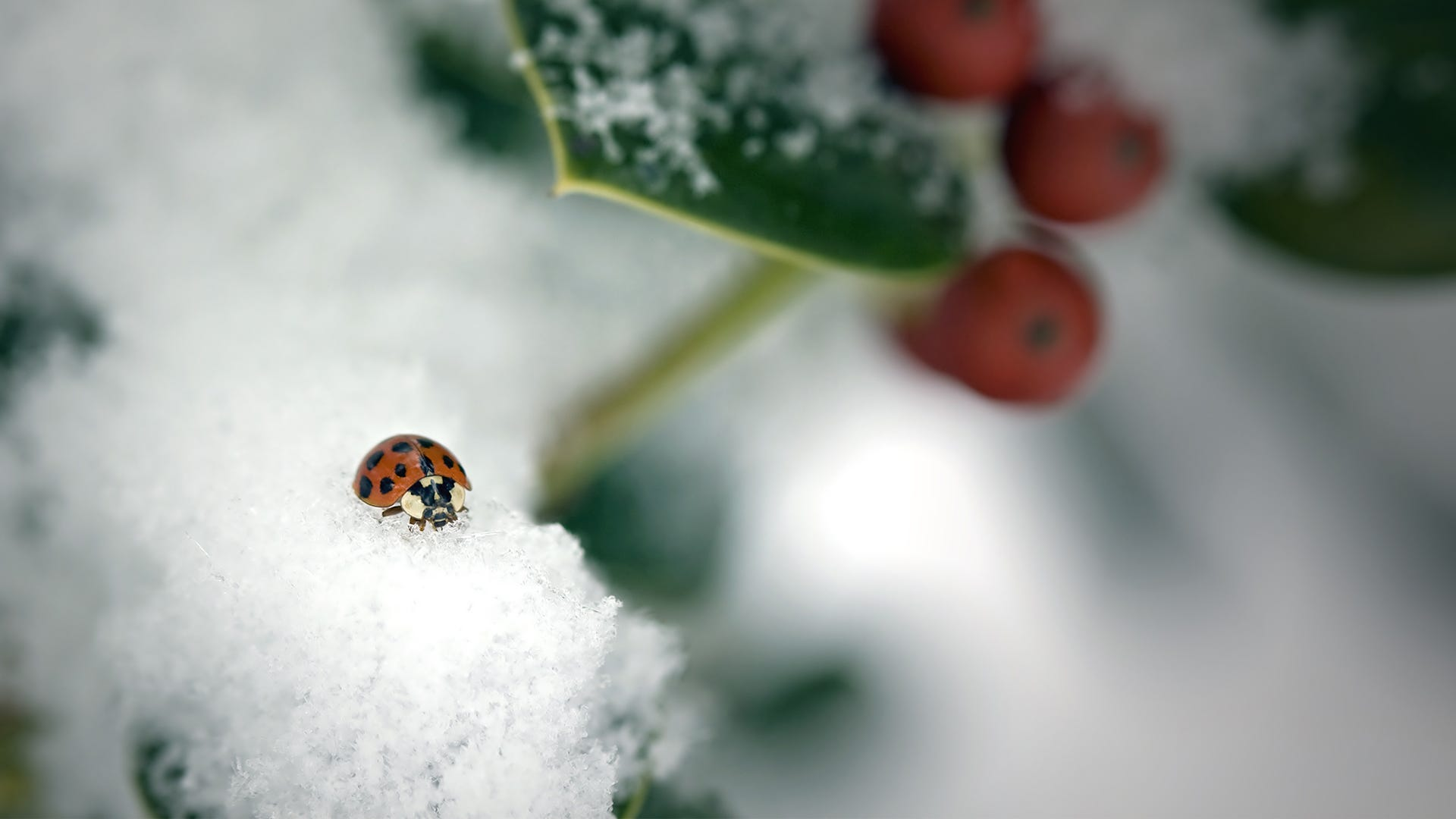
How does the cold weather affect insects?
Insects are cold-blooded creatures, so the weather affects them differently than warm-blooded humans and animals. They must find a way to survive when the temperatures drop, so they can emerge again in spring. Insects adapt to cooler temperatures by migrating to warmer weather, finding a place to hibernate, or seeking shelter, which can range from burying themselves underground to invading our homes in search of warmth. If the temperature goes below freezing, insects become dormant. Depending on the species, many insects die in freezing weather.
Insects like bees and wasps find shelter from the cold in trees, under logs or in the eaves of homes and barns. They remain dormant in these areas until temperatures warm up in the spring. Insects find a warm place to wait out the winter and either hibernate as adults or overwinter as larvae, nymphs, pupae or eggs. Insects that hatch in the spring can survive 20-degree temperatures and become active at 50 degrees Fahrenheit. Some pests, like spiders, are always around, but they hide out in cracks and crevices in the home and come out during mating season. After a cold night, grasshoppers are often too stiff to hop until the sun warms them up again. And some flying insects are unable to move their wings fast enough to fly when the temperature drops. While ants have nesting sites where they hide in winter, you can see them if the weather warms early. Also, if the nest is located somewhere warm, like under heated concrete, they may emerge early. Even a warmer-than-normal sunny winter day may cause them to emerge sooner than usual.
Some insects have a built-in biological form of anti-freeze in their bodies. This substance aids in sustaining life through the cold weather. This fluid helps prevent the development of ice crystals within the body. It helps protect their cells and all of their organs from the development of these potentially deadly ice crystals. Once the weather warms up, the insects are then able to successfully return to their normal level of activity.
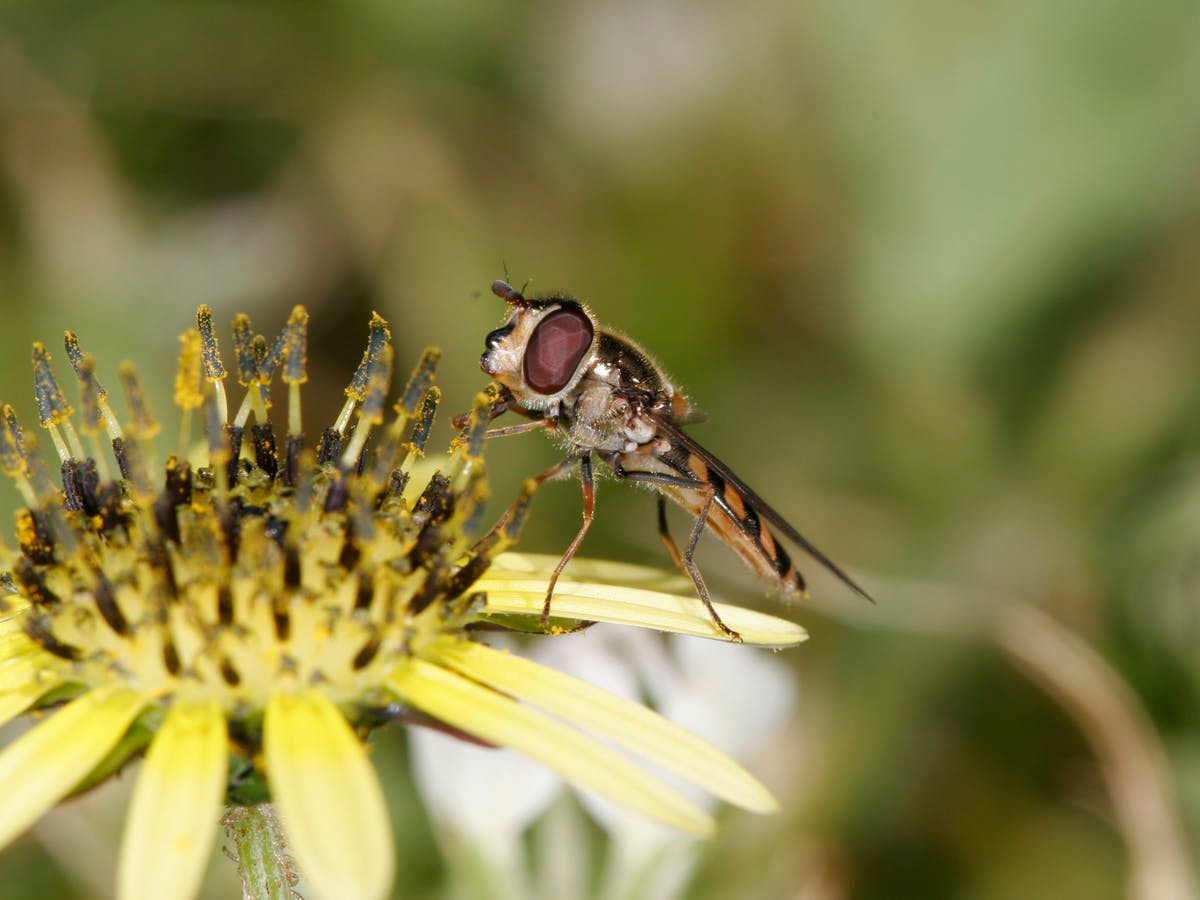
How does warm weather affect insects?
Springtime is also mating season. Although pest activity increases in the spring, the vast majority of pest movement and patterns tend to occur outside of the home as pests seek food and water and look to mate. Some pests, however, will be looking for protected places, such as your home, to build a nest.
Insect reproductive rates typically increase in warmer months, which is why you see more bugs when the temperature rises. As temperatures increase, so do the metabolic rates of insects, which means they need to eat more to survive. Thus, bugs can invade homes looking for a tasty snack or you may notice increased insect damage to your garden during warmer months. Warm weather allows insect larvae to mature faster. As a result, they live longer and travel further. That’s why, in the summer, some unfamiliar pests might appear in your yard.
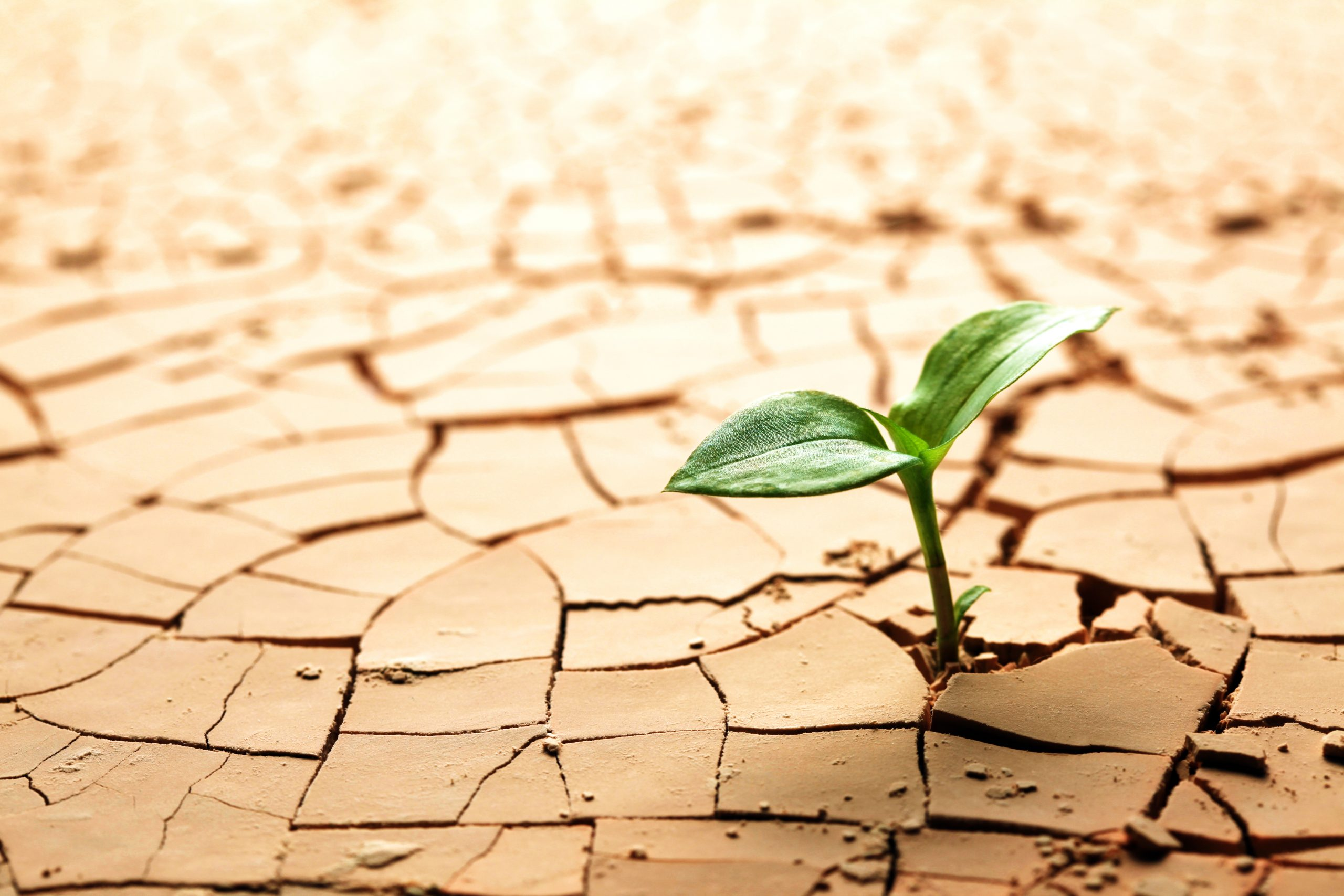
How does dry, hot weather affect insects?
Dry weather means that insects, pests, and plants will all kick into survival mode and seek out water and nutrients, and the place you can find all of these is in your house.
A drought or a long duration of dry weather can also mean more ants entering your home. Dry weather can negatively affect the insects’ food supply, so they search for food and water inside your home. They may even build nests closer to your home for easier access to supplies. You may not see as many ants outside during a drought as you would in wet weather, but you may notice them coming into your house more often since they are searching for food.
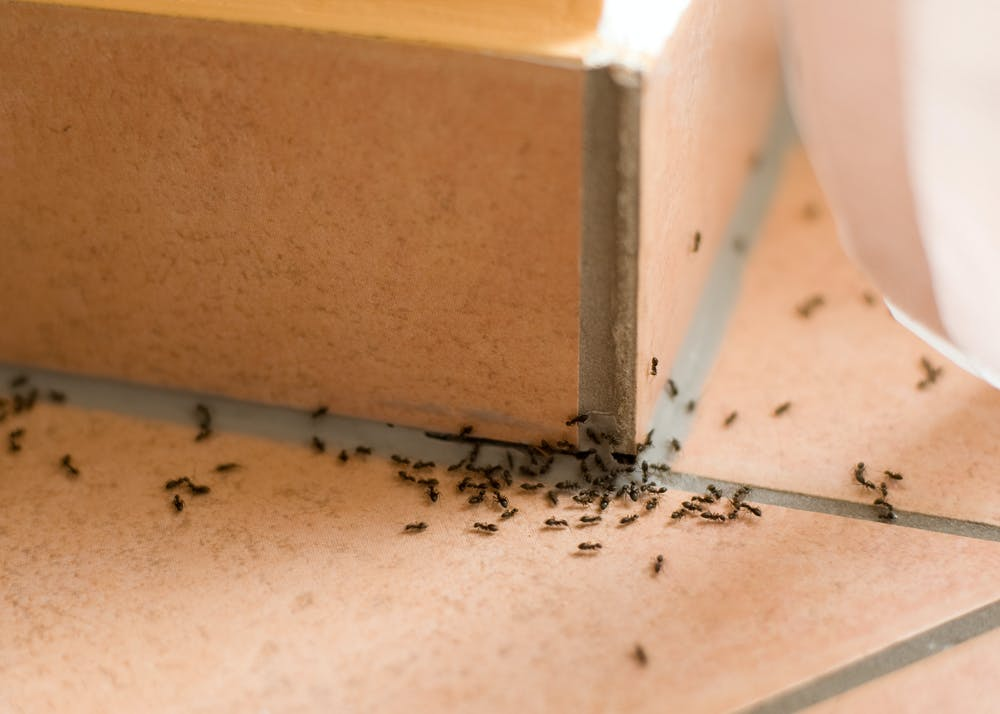
Some insects thrive and multiply in dry, hot weather. For example, grasshopper and spider mite populations skyrocket under these conditions and can destroy farm crops during droughts. Mosquitoes need water to lay their eggs and breed, so dry weather will affect their reproduction, even if the temperatures are within the range where they are active.
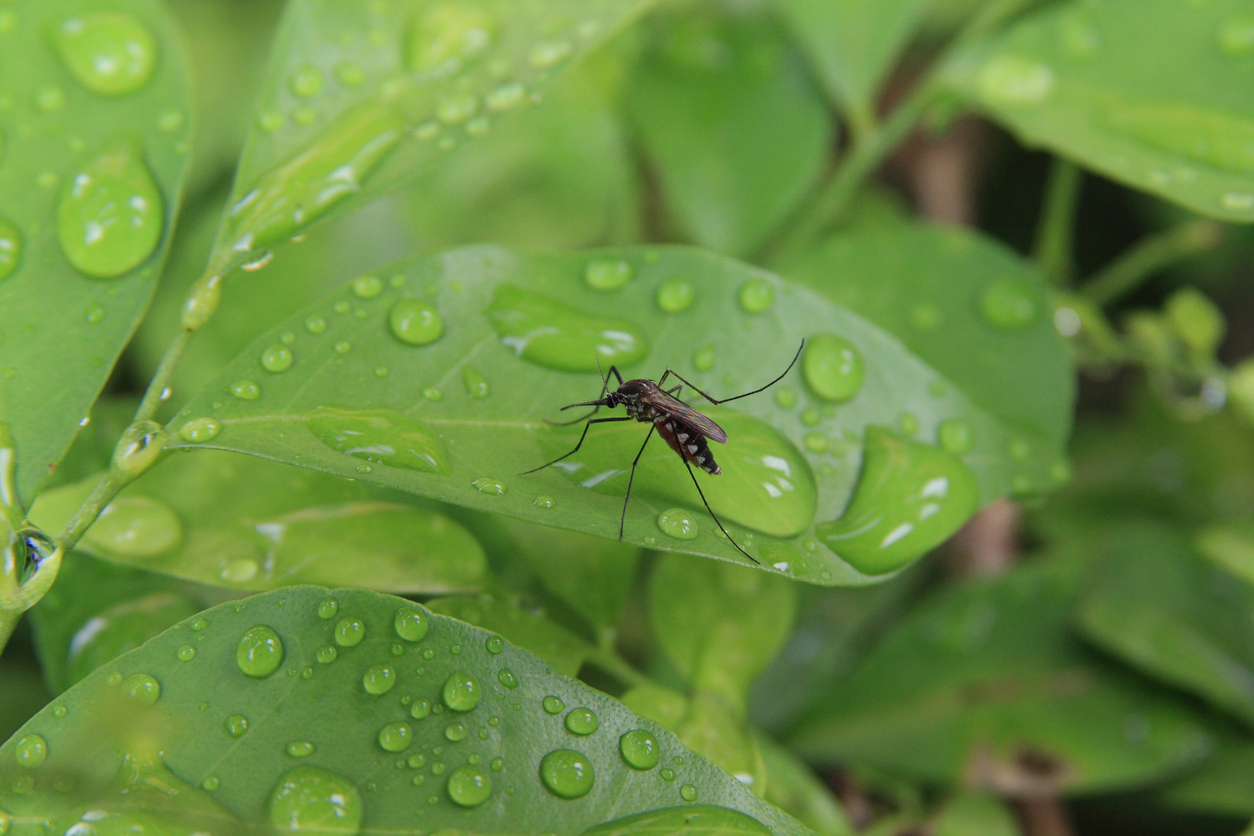
How does rainfall and humidity affect insects?
Relative humidity may also impact insects. This is because humidity makes it very challenging for insects to properly regulate the water loss they experience. Low humidity levels may also contribute to the development of dehydration. If it is moist and cool, insects will suffer the most damage. This is because growth is slowed, diseases may develop in an insect’s food source, and feeding activities are greatly disrupted.
Rainfall also impacts insects. It’s harder for insects to fly in the rain since the drops of water can slow them down. Rain can also damage insects’ wings. For these reasons, many bugs hide when it’s raining. Some types of insects, like honeybees, can sense when a storm is coming. They seek shelter before the rain starts. Other types of insects will hide underneath leaves, bark, or other objects to stay safe. Mosquitoes are an exception, and they can stay active when it’s raining.
After the rain stops, some insects come out to breed. Heavy rains create ideal breeding conditions for pests like gnats. Since mosquitoes lay their eggs in water, the puddles left behind by the rain can contribute to increased mosquito populations.
It can force some bugs, including spiders, ants, and cockroaches, out of their nests in the ground during excessive rain. You may get an infestation when this happens as they can quickly invade homes looking for food and dry ground. Termites are a serious risk to buildings affected by wet season rains and storms. They need to live in a moist environment, so excessive and sustained rains can provide sufficient dampness for them to migrate into new areas. Buildings may come under attack by termites exploiting weak spots, damp spots, and damaged areas.
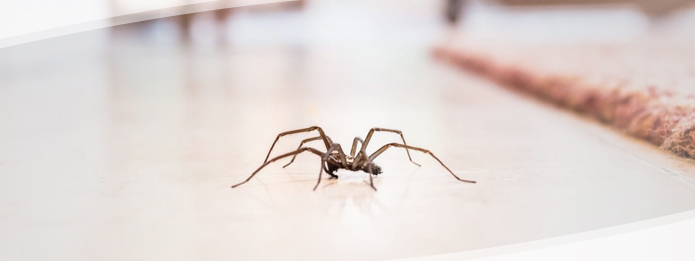
What to do if you have insects in your house?
If you happen to find insects in your home during any of these weather conditions then maybe you can try some natural remedies to help get rid of them first. Make sure to store your food and drinks away properly and try to keep your house clean.

Call a pest control company
If you’re still dealing with pest problems then you may want to call professional pest control services. If you find an infestation of any kind it’s important to consult with a licensed professional pest management company to evaluate the extent of the problem.
Contact us at 1300 766 614 to help address your pest problems and keep you safe today.

WE'RE NOT HAPPY UNLESS YOU'RE HAPPY
SEE HOW IT WORKSWith Competitive Pest Control Services you’ll never have to worry about paying for a job that hasn’t been done.
If you’re not satisfied with our services, we’ll not only give you your money back, we’ll return it to you twofold. That’s right: you’ll not only receive a full refund, we’ll also pay to have your pest problem sorted by our competition.*
We’re always trying to raise the standard of service, it’s one of the reasons we were name Australian Pest Manager of the Year four times in the past six years. When you employ our services, you know your pest problem will soon be a distant memory. What could be more satisfying than that?
*Please contact us to hear more about our 200% Money Back Guarantee - as due to issues sometimes outside our control, not all services may be covered by this offer.





 Instagram
Instagram  LinkedIn
LinkedIn